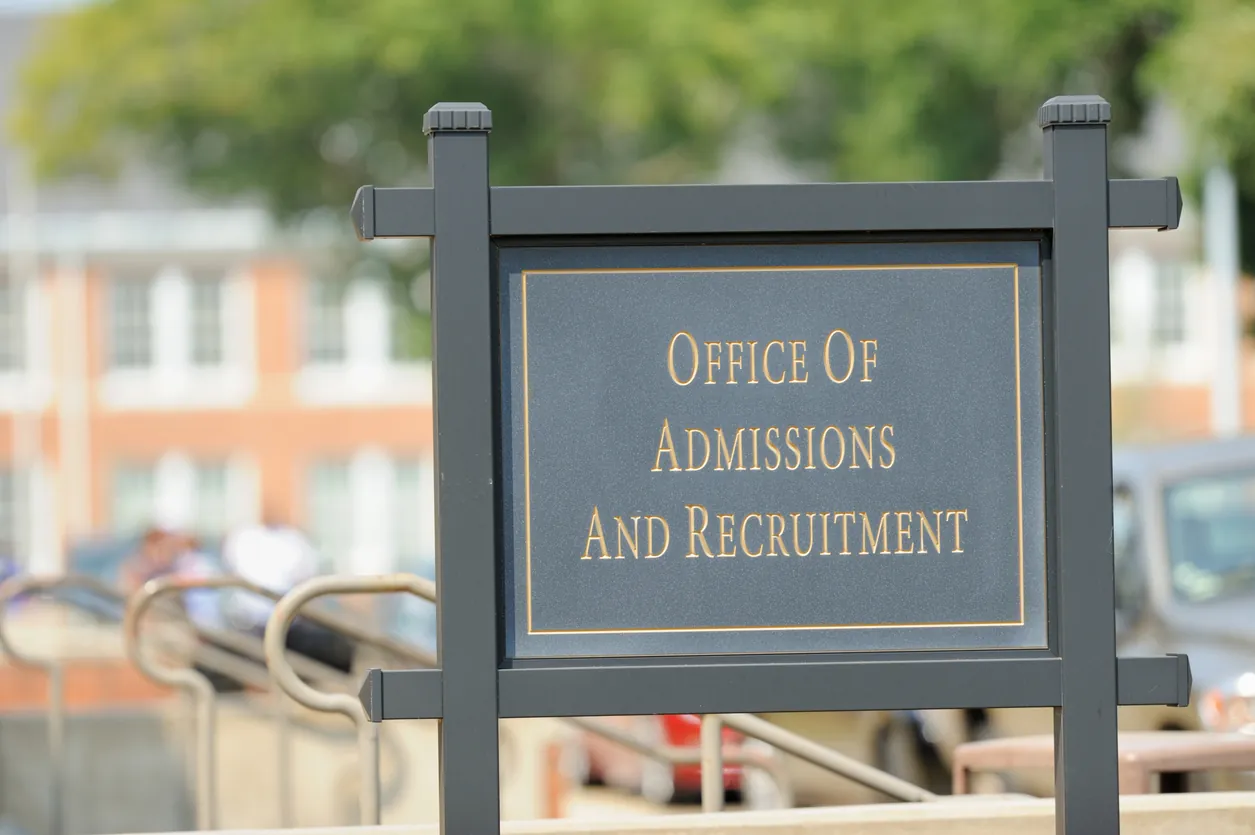
istockphoto image
It might be one of the most basic questions for a college applicant. What are my chances of being accepted? At a lot of the country’s top business schools, the overall odds of being accepted are … not great. For students entering this past fall (2019), the school with the lowest acceptance rate was the University of California-Berkeley’s Haas School of Business where the acceptance rate was just 5.09%. Cornell University’s Dyson School followed with an acceptance rate of just 6.41%. Meanwhile, The Wharton School at the University of Pennsylvania rounded out the trifecta of schools with the toughest admissions rates at 6.65%.
Before continuing, a word on the acceptance rate at UC-Berkeley’s Haas School. Because it’s a two year school, students have to first be accepted to UC-Berkeley and then gain acceptance to the Haas School in their sophomore year. After clearing the first hurdle to get into UC-Berkeley in 2017 when the acceptance rate, which was just 18.3%, only 267 students of the 801 that applied were actually accepted into Haas. The B-school also accepted 109 transfer students from a pool of 761 “eligible applicants.” We consider all of those numbers to accurately calculate the actual acceptance rate to gain entrance into the Haas School, which was 5.09% this year. We use the same process for all B-schools that require a separate application for entrance into the B-school.
While acceptance rates at UC-Berkeley’s Haas School and Cornell’s Dyson School are daunting, both are actually not as stingy as last year’s rates. For the class that entered in the fall of 2018, only 2.9% were accepted at Cornell’s Dyson School and just 4.3% were accepted into UC-Berkeley’s Haas School. Wharton’s acceptance rate also went up — but just slightly from 6.49% to 6.65% this year.
Rounding out the top five for lowest acceptance rates in schools ranked in the 2020 Poets&Quants Best Undergraduate Business Schools ranking were New York University’s Stern School of Business with an acceptance rate of 7.61% and the University of North Carolina at Chapel Hill’s Kenan-Flagler Business School. Stern’s rate was slightly lower compared to last year’s 8.0% acceptance rate. And Kenan-Flagler, which also has a separate application to its business school, had a lower rate compared to last year’s 12.17%.
Across all 97 schools ranked this year, the average acceptance rate was 47.06%. The 10 schools above are the 10 with acceptance rates lower than 15%. All told, there were 21 schools this year with acceptance rates lower than 25%.
At the other end, the University of Akron’s business school had the highest acceptance rate at 90.19%. Iowa State University’s Ivy School of Business had an acceptance rate of 89.43%. And the University of Tennessee’s Haslam College of Business had an acceptance rate of 88.03%.
(SEE THE NEXT PAGE FOR 2019-2020 ACCEPTANCE RATES AT THE TOP 97 B-SCHOOLS)











Questions about this article? Email us or leave a comment below.